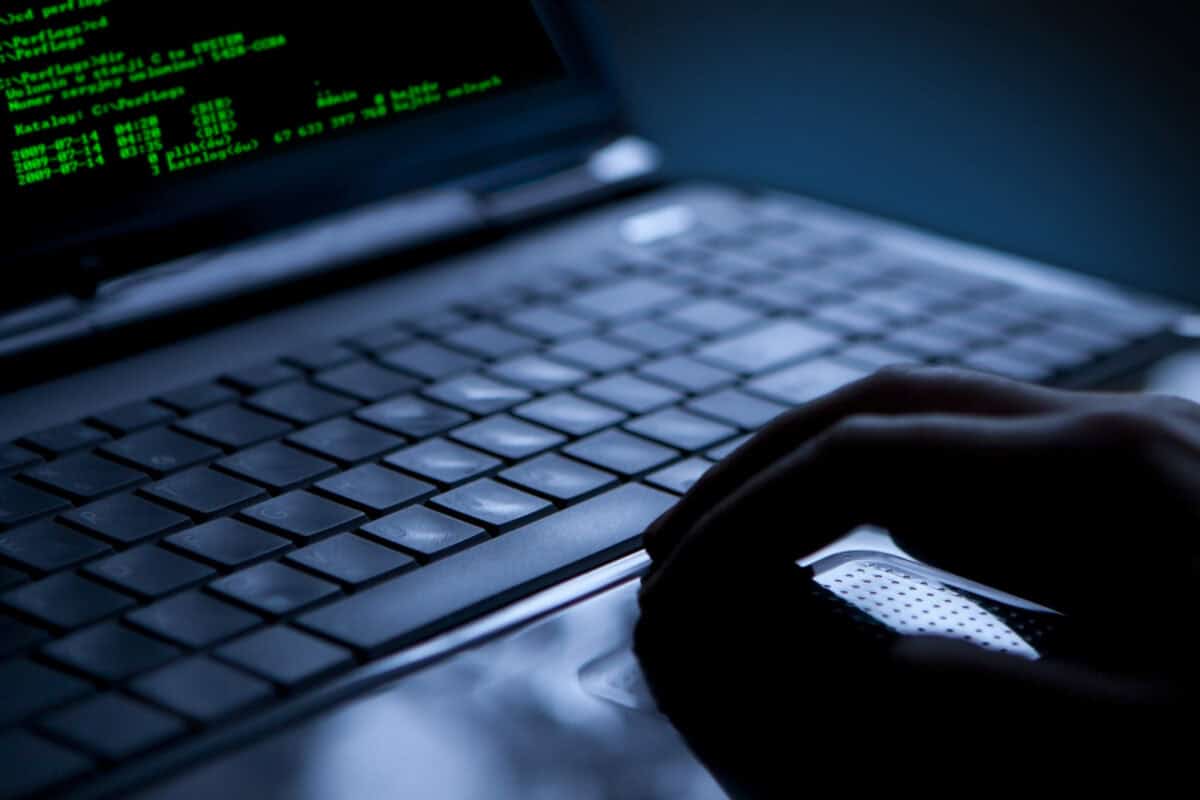Doxing: the New Cybersecurity Concern
By Robyn Schnaible,
You may have heard the term “doxing” being thrown around before but be prepared to hear that term more and more. Doxing / doxxing is the act of searching for and publishing private information (or documents/“docs”) of someone on the internet often with malicious intent, including legal name, phone numbers and physical home addresses, according to The Department of Homeland Security. Yet another unintended consequence of the information age is that such information can be found anywhere and on anyone often with minimal effort. Doxing is being used online as a weapon and is leading to death threats and actual bodily harm. With growing political strife, conspiracy theorists, rampant misinformation and cancel culture alike, there are a lot of people behaving poorly in public and on the internet.
Last month Colorado Democratic Gov. Jared Polis signed a law, HB 1107, making it illegal to dox public health care workers after some very dangerous incidents, according to The New York Times. After their personal information was posted online, many healthcare workers had personal property vandalized and received “harassing phone calls at their homes and death threats”. Previously Colorado had also made it illegal to dox police officers and child welfare workers, two career fields dealing with intense situations, with some feeling “wronged” and looking for retribution.
There are also some reported cases of doxing against victims of sexual violence by public officials, including a case in Idaho. Doxing has also been used to release the physical addresses of public figures and celebrities online, as well as everyday people doing their jobs, making this a huge cybersecurity threat. This rising problem is leading to growing personal privacy and data privacy concerns and can lead to more legislation on those issues.
Doxing can be terrifying and with it comes some very dark consequences. Delaware HB 230 was introduced this month and concerns judicial privacy. It came about after the 2020 attack on the family of Judge Esther Salas, who was doxed online and it resulted in the death of her 20 year old son and the wounding of her husband. This bill would make it possible for judges to make a written request for all of their personal information to remain confidential and unpublished online. Legislation offering increased protections for judges and public servants are likely to appear in other states.
Following the attack on the family of Judge Esther Salas states such as Alabama, Arizona, Arkansas, Kentucky, Louisiana, Nebraska, Nevada, Oregon and Texas have also introduced legislation related to doxing in different forms. As this new wave of online vigilantism grows so will legislation hoping to stem the tide of possible further violent attacks.


